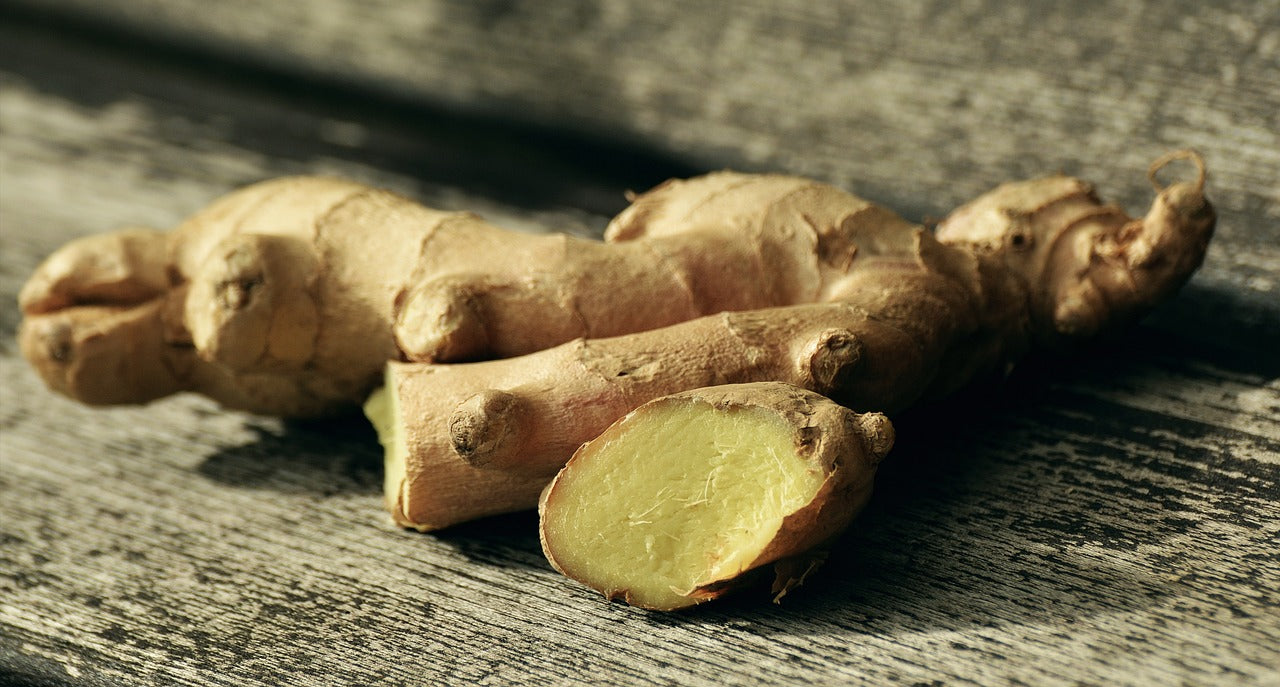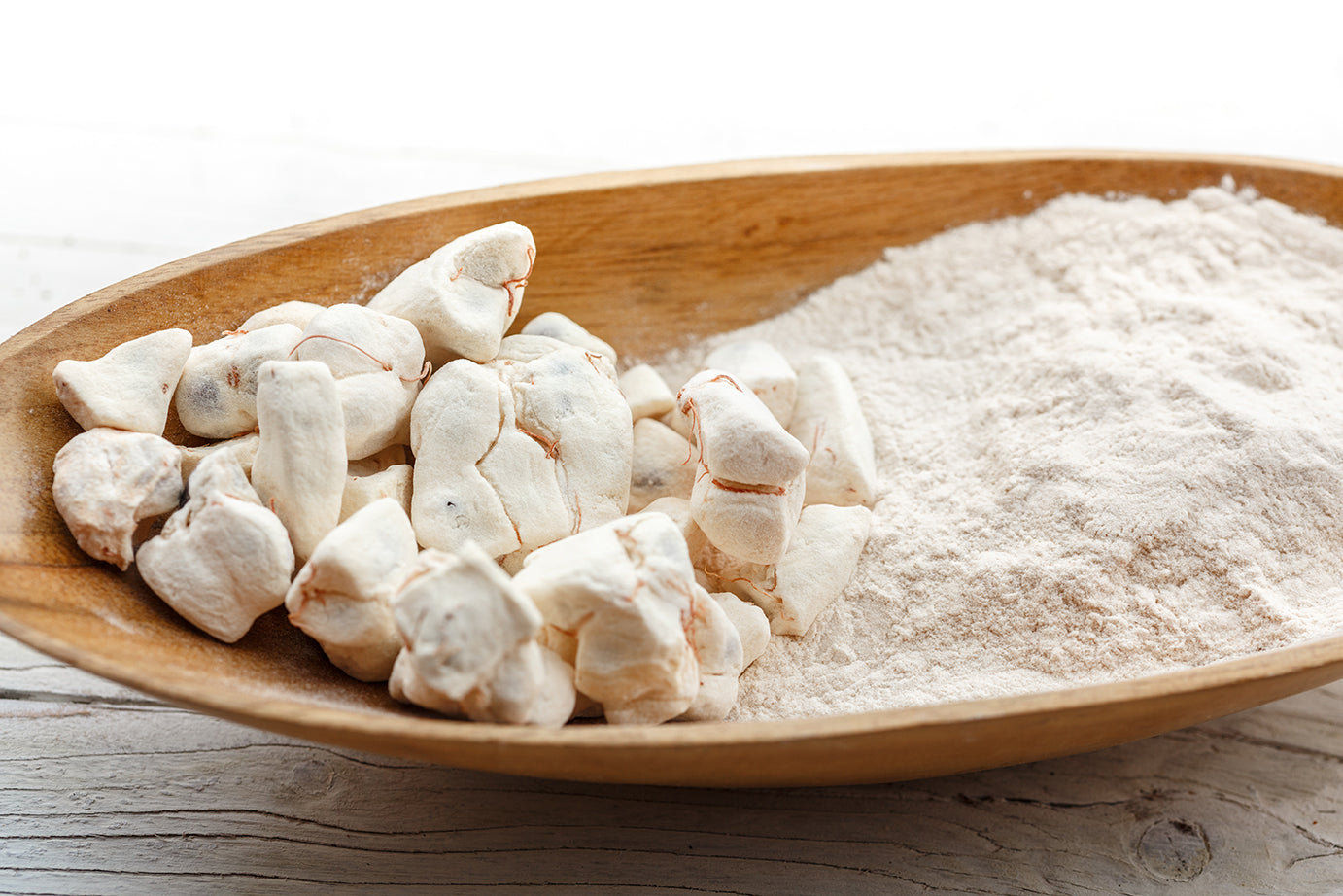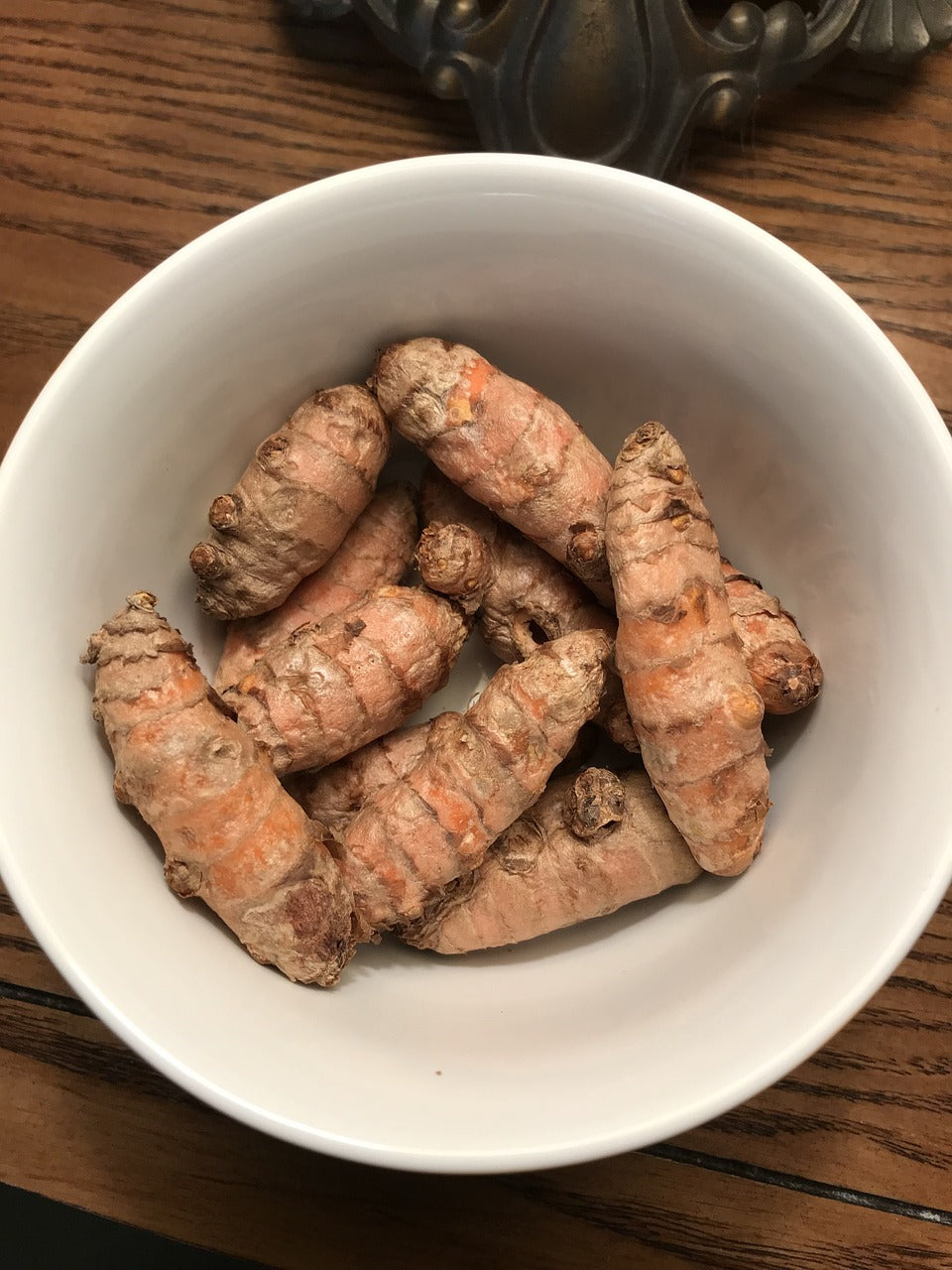
We have personally picked 9 superfoods that each offer different superpowers

Ginger
Ginger comes from a flowering root plant. Gingerol, which is the main bioactive compound, is responsible for many of my medicinal properties. According to research it has many antioxidant and anti-inflammatory effects. Consuming ginger has been shown to be effective in alleviating pregnancy related nausea. It can help treat chronic indigestion. It is rich in dietary fibre, and protein. Ginger contains various minerals, such as sodium, iron, potassium, magnesium, phosphorus, and zinc. The vitamins contained within ginger include vitamin C, folate, vitamin B6, riboflavin, and niacin. Ginger is also an all important galactagogue, coming from the Greek word “galacta” meaning milk and “ogogue” meaning leading to or promoting.

Baobab
A tree native to Africa, Australia and Madagascar it is widely known as the “Tree of Life” or “Mother of the Forest”. It contains a water storing trunk which can reach nine metres in diameter. The fruit contains fantastic sources of vital vitamins and minerals. It has been said to have ten times more vitamin C than oranges. Rich in antioxidants it can support your immune system. It contains iron, magnesium, niacin and potassium. Scientific studies on the nutritional content and the possible health benefits of baobab are slowly emerging and the results are incredibly positive.

Flaxseed
A highly nutritious seed which comes from the flax plant, it is packed full of omega-3 fatty acids, protein, antioxidants and contains a rich source of fibre. Research has shown this seed comes with a number of health benefits including potentially lowering cholesterol,
stabilising blood sugar and lowering blood pressure. It also contains various key B vitamins and minerals such as magnesium and calcium.

Blackcurrant
A sweet berry, loaded with nutrients and antioxidants. One of the most polyphenol (plant compounds with antioxidant and anti-inflammatory properties) rich foods. They support the immune system, help your vision and feed the friendly bacteria in the gut. A rich source of vitamin C, packing more than 3 times the amount of ascorbic acid you need into less than a one-cup serving. These berries also boast high levels of B vitamins, such as pantothenic acid and thiamine, a wealth of essential minerals, including copper, calcium, magnesium, and iron. These purple powerhouses also contain measurable levels of omega-3 and omega-6 fatty acids, making them quite unique among fruits!

Amla
Also known as Indian gooseberry, it is a highly nutritious, sour fruit that grows on trees in India and the Middle East. High in antioxidants, fibre and vitamin c, it supports the immune system. It may also contain possibly high levels of folic acid and minerals like calcium, potassium, phosphorus, iron, carotene, and magnesium. Emerging studies suggest it can be beneficial in improving the health of the heart, liver and kidneys. Consuming Amla has been proven to reduce morning sicknss. It also helps to prevent inflammation and control blood pressure.

Beetroot
The prehistoric root vegetable originates from the coastlines of North Africa, Europe, and Asia. Now widely used across the world due to its delicious, sweet flavour and fantastic health benefits. Beetroots get their rich colour from betalains, which are water-soluble antioxidants. It also contains other flavonoids and polyphenolic compounds, which may have antioxidant and anti-inflammatory properties. Betalains and other antioxidants may help find and destroy free radicals or unstable molecules in the body, which, in large numbers, can promote inflammation and increase the risk of cancer. Beetroots are a good source of many minerals and vitamins such as potassium and folate. Other health benefits include lowering blood pressure, boosting stamina, preventing heart disease, purifying blood and most important for pregnancy, reduce swelling and joint pain.

Acai Berry
Acai, pronounced (ah-sigh-EE) berries are a grape-like fruit native to the rainforests of South America. Multiple research studies have found that acai berries contain polyphenols, including a range of flavonoids such as anthocyanins and proanthocyanidins. These compounds have antioxidant properties, which means they may help reduce oxidative stress. Scientists believe oxidative stress can damage cells and contribute to the aging process. The authors also found that acai berries may have anti-inflammatory properties, which means they may help reduce inflammation. In addition to playing a role in the body’s immune response, inflammation may contribute to the development of some chronic
conditions, such as atherosclerosis and type 2 diabetes. Another recent study found that acai extract may help protect red blood cells from oxidative stress relating to aging. A study looking the use of acai berry supplementation in older women produced promising results for successful fertility outcomes.

Turmeric
An orange spice that comes from the Curcuma longa plant, part of the ginger family. Curcumin is one of the main polyphenolic compounds in the turmeric rhizome. It possesses antioxidant, anti-inflammatory, anti-cancer, anti-arthritis, anti-asthmatic, anti-microbial, anti-viral and anti-fungal properties. Curcumin has shown some promise in treating mood disorders. Its positive effects on the brain include boosting the brain neurotransmitters serotonin and dopamine, reducing inflammation, and encouraging brain plasticity. This suggests the herb may be an effective antidepressant. Turmeric is also a galactagogue, a substance that can initiate and maintain milk supply.

Date
Dates are plump, wrinkly fruits that grow on date palm trees in warm, dry climates in the Middle East. They have a sweet, caramelly taste and are rich in fibre, disease fighting antioxidants and many vitamins and minerals. These many nutrients provide a myriad of health benefits such as promoting brain health, lowering inflammation, protecting against oxidative stress, aiding digestion and maybe even anti-aging effects. The fibre, iron and potassium are essential nutrients for pregnancy. A 2021 study showed dates appeared to increase milk supply. Dates also promote oxytocin, which is a hormone that can help the uterus return back to its average size after you have a baby.
